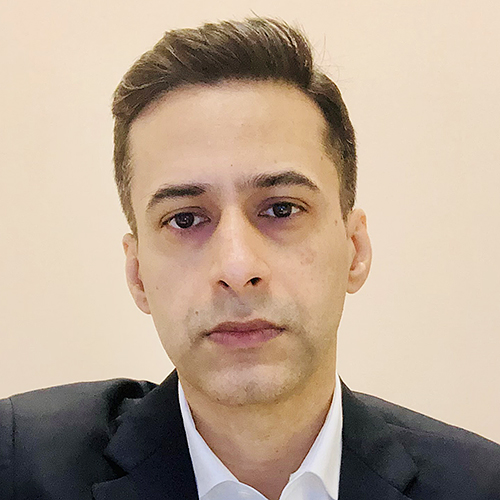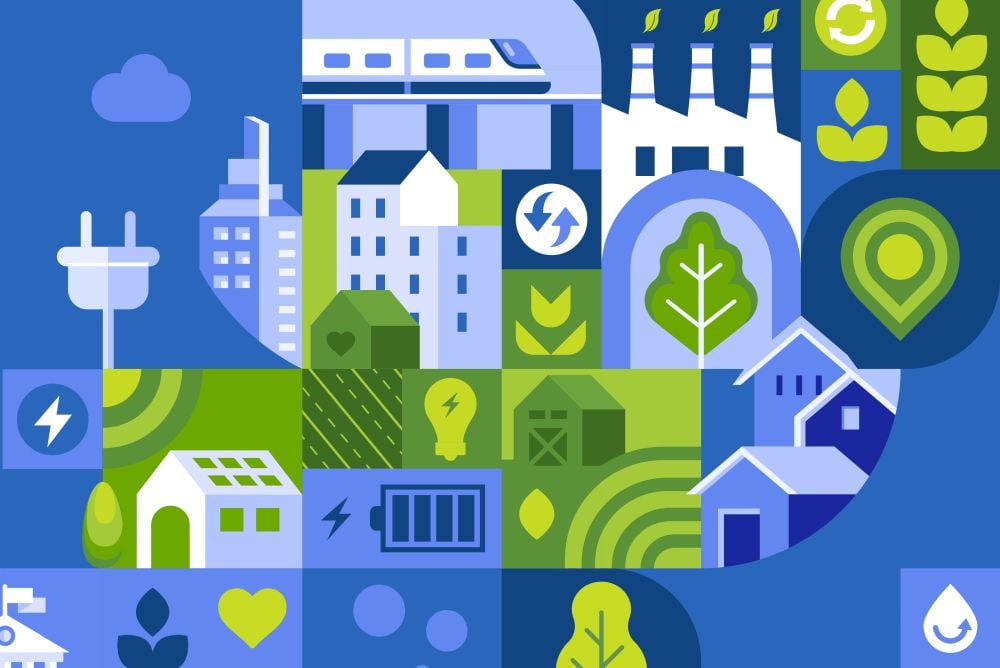Ask any man in today’s business circles, and they describe themselves as supporters of gender equality. They will tell you that it’s the right thing to do and that taking action on diversity, equity and inclusion drives better business outcomes.
However, when you ask the same group of male business leaders to identify instances of gender inequality, many will struggle to name concrete examples. One reason is that many men, including well-intentioned allies, may not be aware of the barriers to career advancement that exist for women in the workplace.
From research we know that women must often work harder to get to the same level of recognition, attain a promotion, achieve pay parity or even stay employed, accentuated by the global pandemic. Spotting these barriers requires men to realise how much they have benefited from privilege.
Pulling back the curtain
As the saying goes, privilege is invisible to those who have it. It is often unquestioned and reinforced over generations. For those who do not have it, privilege is a disadvantage that hinders their social and economic advancement, and it’s often seen as unattainable. So, whether it’s race, gender identity, sexual orientation, belief, place of origin or ability, each of these can create different types of privilege and discrimination.
The pandemic hasn’t made things easier either. Women are more vulnerable to Covid-19–related economic fallout because of existing gender inequalities. A recent McKinsey study showed that women are nearly twice as likely to lose their jobs than men during the pandemic.
For male business leaders then, it is important to reflect on our own privilege and, in that process, think about how gender inequality continues to disadvantage women and perpetuate an uneven playing field. This starts with acknowledging our own conscious and unconscious biases.
It's about opening our eyes to blind spots and paying attention to who is included—and who is not. It’s also about taking responsibility to foster diversity, equity and inclusion (DEI) in the workplace. Effective DEI activities such as unconscious bias training, employee-led women’s groups, and industry initiatives, for example, Male Allies, are important ways to raise awareness, pull back the curtain and prompt action from men to be stronger allies.
Being a positive male ally
Positive allyship requires a commitment to learn and evolve our understanding, especially when our environments continue to change, both at the individual and institutional levels.
True progress towards gender balance, inclusion and equality requires men to become full partners, advocates and allies. This requires policy changes to address structural barriers to equality. On an individual level, it also requires men to learn the language of gender equality, educate themselves about gender disparities, call out biased language and behaviour, and talk openly about the real issues.
The more we open up, ask questions and listen to what women have to say on these very important issues, the more we will grow as individuals, both at home and in the workplace, and become stronger allies and better leaders. Men who take these learnings to heart will realise that there is much more we need to do to advance gender equality. And once we get on that path, there is no turning back.
Anil Wadhwani is Manulife’s Asia president and CEO.









